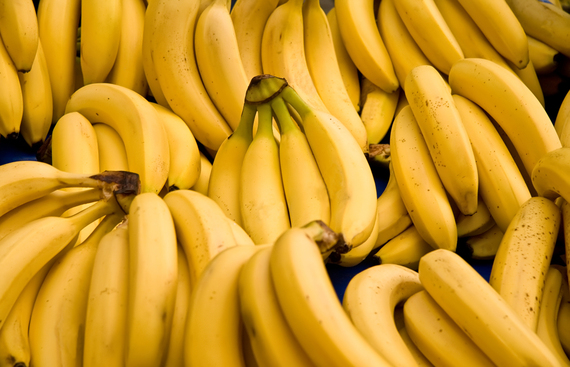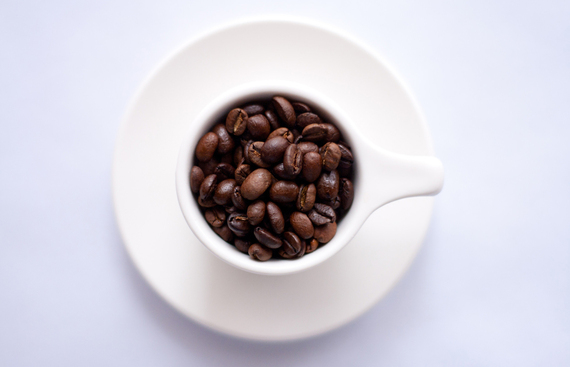
Improve the quality of your food by storing it in the right place.
Refrigerators -- it's hard to believe that millions of people survive without the convenience of this technology. We use them for everything from chilling beer to crisping produce, but do we misuse them for storing foods? While we've been told that chilling food makes it last longer, not everything you bring home from the grocery store should be stored inside the climate-controlled box.
The cold temperatures can break down starches, cause sugars to crystallize, and generally dry out whatever you put in the refrigerator. Have you ever taken a bite of something from the fridge and realized it has taken on the flavor of those curry leftovers and the garlic you peeled?
To avoid these unsavory results, follow these simple tips that explain not only what not to put in the fridge, but why. Next time you go to store the produce you carefully selected at the farmers market, rest assured that it will be stored in the best way possible to preserve taste and texture.
Bananas
The flavor and texture of bananas are protected by their thick peels, so storing them in the fridge isn't the worst decision you could make. However, not everyone likes the look of a brown peel, so keep your bananas bright and yellow by leaving them on the counter.
Coffee
In an effort to make grounds last longer, many people store their coffee in the fridge. Unfortunately, this practice doesn't preserve flavor so much as it destroys it. Store your beans in a cool, dark place away from strong smells to keep your coffee tasting like coffee.





Angela Carlos,The Daily Meal

